Why they stay
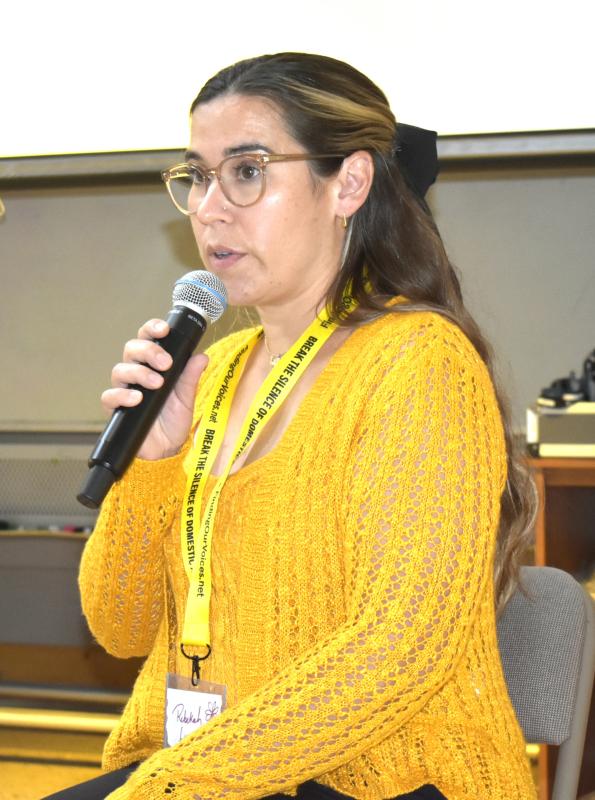
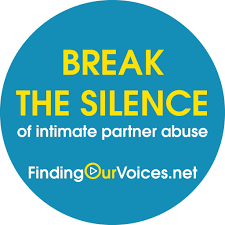 https://findingourvoices.net/podcast
https://findingourvoices.net/podcast
 https://newhopemidcoast.org/
https://newhopemidcoast.org/
 www.mcedv.org/
www.mcedv.org/
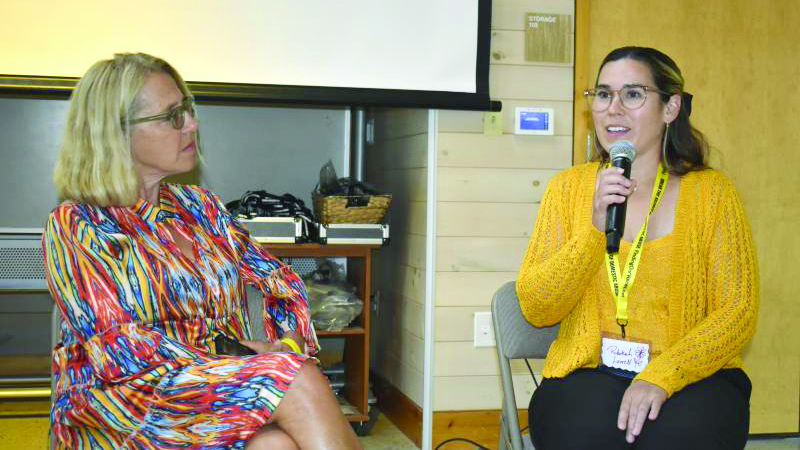 Patrisha McLean listens to Rebekah's final remarks at Bosarge Education Center at CMBG as part of the Finding Our Voices “Let's Talk About It event” Sept. 11. LISA KRISTOFF/Boothbay Register
Patrisha McLean listens to Rebekah's final remarks at Bosarge Education Center at CMBG as part of the Finding Our Voices “Let's Talk About It event” Sept. 11. LISA KRISTOFF/Boothbay Register
 Survivors panel. Among them was Hannah Marden-Johnson of Boothbay. LISA KRISTOFF/Boothbay Register
Survivors panel. Among them was Hannah Marden-Johnson of Boothbay. LISA KRISTOFF/Boothbay Register
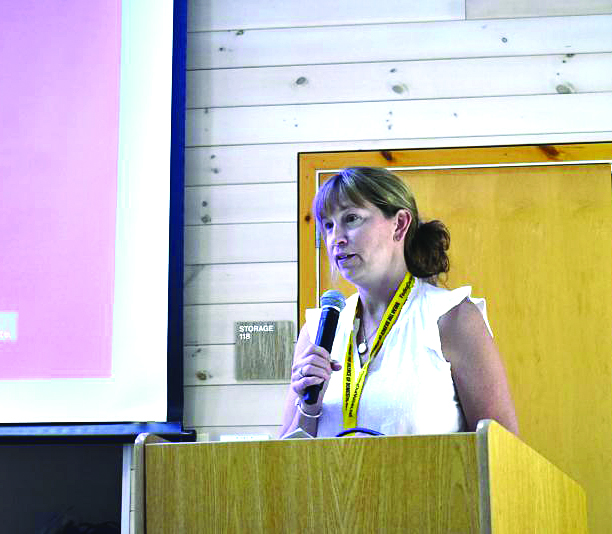 Sarah. LISA KRISTOFF/Boothbay Register
Sarah. LISA KRISTOFF/Boothbay Register
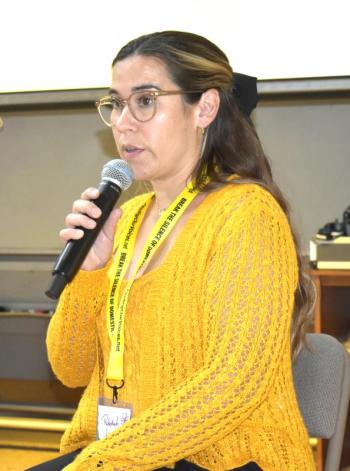
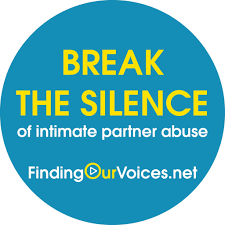 https://findingourvoices.net/podcast
https://findingourvoices.net/podcast
 https://newhopemidcoast.org/
https://newhopemidcoast.org/
 www.mcedv.org/
www.mcedv.org/
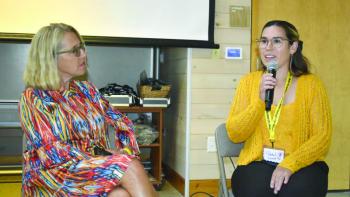 Patrisha McLean listens to Rebekah's final remarks at Bosarge Education Center at CMBG as part of the Finding Our Voices “Let's Talk About It event” Sept. 11. LISA KRISTOFF/Boothbay Register
Patrisha McLean listens to Rebekah's final remarks at Bosarge Education Center at CMBG as part of the Finding Our Voices “Let's Talk About It event” Sept. 11. LISA KRISTOFF/Boothbay Register
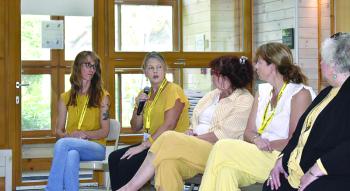 Survivors panel. Among them was Hannah Marden-Johnson of Boothbay. LISA KRISTOFF/Boothbay Register
Survivors panel. Among them was Hannah Marden-Johnson of Boothbay. LISA KRISTOFF/Boothbay Register
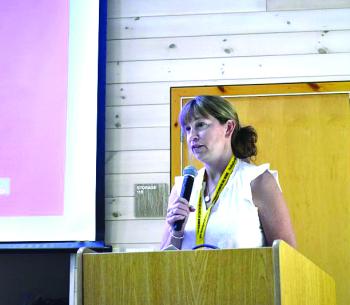 Sarah. LISA KRISTOFF/Boothbay Register
Sarah. LISA KRISTOFF/Boothbay Register
Why don't they leave? This is a question you may have asked when hearing or reading about someone in your community or family who is in an abusive relationship. In this article, the lives of some women who did eventually find their way out will give readers an inkling into why they don’t just leave.
The personal accounts included here were shared by two members of a panel of survivors at a Finding Our Voices "Let's Talk About It" event at Coastal Maine Botanical Gardens this fall. The survivors, including Patrisha McLean, CEO and Founder of FOV, spoke about what their lives were like under the power and control of those who claimed to love them.
"Why do we want to share our story, exposing the most vulnerable moments of our lives?" asked Sarah, a survivor. "When we break the silence we eliminate the shame and inform the public of these tragedies in our homes."
"Why don't they just leave?" Here are the Top 10 reasons listed on domesticshelters.org (the first searchable web directory for the U.S. and Canada):
1. Fear.
2. Gaslighting: a type of brainwashing that convinces the abused party they are going crazy; that their memories are incorrect. The 1944 film “Gaslight,” starring Charles Boyer and Ingrid Bergman, brought this tactic to theater audiences.
3. Brainwashing: Disorientating a partner to lead them to believe they can’t think for themselves; usually accomplished through the use of drugs, sleep deprivation.
Note: The difference between gaslighting and brainwashing: Brainwashing is forcing someone to believe something against their will, usually through manipulation or coercion. - differencedigest.com
4. Love. Some victims still love their abusers and remember the good times … however, abusers will choose empathetic “partners.” The abuser blames their bad childhood, alcohol or drug addiction, etc. for their abuse and an empathetic person will believe they need to stay and help them, make excuses for the abusive behavior, believing then they can go back to the way it used to be.
5. Shame. An abused person can feel as though everything that’s happening is somehow their fault (because) they let the abuser into their life.
6. Financial control.
7. No one will believe them.
8. Nowhere else to go.
9. Shelters are full.
10. Child custody concerns. Some abusers threaten to take the children away from the mother. Abusers will lie and say they are the ones being abused in an effort to get unrestricted access to the kids.
Here are excerpts shared by two of the survivors at the Finding Our Voices event:
When Mary Lou met the man who would become her husband, he swept her off her feet. When they married, she wanted to be the best wife, like June Cleaver (the mom on the late 50s-early 60s show “Leave It To Beaver”).
Mary Lou’s former husband was an educator whose students flocked to him. “He was the life of any party, but before he left no one knew that he could have thrown our son against a brick wall in our home or had squeezed my arm until it was black and blue,” she said in her FOV film shown at the event. “We had a gravel driveway and when we heard his car our children ran to their rooms.”
“It’s (domestic violence/abuse) insidious. It swallowed my self-esteem. It’s hard for people who haven’t been through it to understand,” said Mary Lou. “It all happened behind closed doors. One Christmas he put a gun to my son’s head. I stayed out of fear and control. I could never please him (because) he kept changing the rules midstream. He set the demands and I thought this was the norm; I didn’t know I had options. Any obstacle was up to me to fix and change. After I retired (from teaching) it got worse. As each of the children had grown and left I thought ‘now they will be safe.’”
One day, when it was just the two of them, Mary Lou couldn’t see any way out for herself – and then she remembered painkillers she had. After seriously considering that option, she got rid of the pills instead. Depressed, she shared with her husband what she’d considered doing.
“He got up and went to his gun case, removed one, and showed me how to hold it to my head (pause) so I would be successful killing myself,” relived Mary Lou. “I can still hear the cylinders spinning.”
The next day she was on her computer trying to find help when he walked into the room with a suitcase announcing he was leaving and Mary Lou would never see him again.
“But I said, no. I’m leaving you and you’ll never see me again. I learned (at age 65) that it’s never too late to escape the horrors of domestic violence through help that is out there. Don’t ever give up, it was difficult but you can leave.”
“Realize you are a victim. When we break our silence we educate our inner circle, the police, and the judges,” began survivor Sarah. “What does domestic violence look like? Abuse is not always violence.”
Sarah’s first marriage lasted about a decade. Amicably divorced, Sarah and her ex co-parent their two children without issue.
The next man in her life was abusive but did not show her that side of him for several months. He stayed in Sarah’s house for four years and, while he is out of her house, he’s not out of the picture yet.
He showered Sarah with intense and lavish attention; a behavior known as “love bombing,” a pattern of overly affectionate behavior that typically occurs at the beginning of a relationship, often a romantic one, in which one party “bombs” the other with over-the-top displays of adoration and attention. (psychologytoday.com)
In Sarah’s case she received bouquets and other gifts, there were weekend getaways, dinner at expensive restaurants, and lots of attention. Lots. “I was enthralled. I felt loved, sexy, worthy ... it was addicting,” she said.
“And then there were the backhanded comments, questioning my loyalty, and silent treatment that would last for hours or go on for days. Then the gaslighting began. I can look back and see the flashing lights and STOP signs, but in the moment, I had no idea.”
After the silent treatment ended, he would say all of the things Sarah wanted to hear, showered her with attention and things got better … until the next time.
“It all happens so slowly. I could justify all of his actions; I thought he was bipolar; but, that is still not an excuse for abuse," Sarah said. “I remember thinking I wouldn’t walk away from my child; why would I walk away from the man I loved – and who said he loved me? I made excuses for his behavior: ‘He struggles with personal demons’ or ‘He had a bad day at work.’”
Sarah had no plans to have more children. But, once he suspected Sarah had found out about an affair he was having, she was pregnant.
When their child was born Sarah was accused of being selfish because she breast fed so after he returned from work he took the baby into their bedroom and locked the door. Sarah recalls her son crying and she could not help him. Then came the day some seven months later when her partner told her he was leaving and taking the baby with him. Sarah and the children hid out at one friend’s house, stayed in motels, and contacted as many people as she could so they would know what was happening.
“He would beg and plead me to come back,” she said. “He was so sorry and said it was all his fault. When I didn’t let him back into my head, or my heart, things took a turn for the worse.”
The protection order she took out, which originally included all three of her children, only includes her. The judge decided her former partner’s actions did not affect them.
This man remains out of Sarah’s home, but has court-ordered visitation. Early on she recalled him telling the boy, “say goodbye to mom because I’m getting custody.”
The battle goes on.
“Victim blaming,” said Sarah, “needs to stop. I did not choose to be abused. I did not choose to expose my children to the torture and torment we have had to endure until this day. I got out, but am I really out?”
Resources are available: https://findingourvoices.net/: Provides peer-support and resources to women domestic abuse survivors across Maine. "We educate the general public with bold survivor-led public awareness campaigns, and gather and amplify survivor voices to bring safety and justice to Maine women and children."
https://newhopemidcoast.org/: New Hope Midcoast is "here to empower our clients. We provide the tools to assist victim-survivors in choosing the path that is right for them. Our services are centered on helping survivors. We follow strict guidelines around confidentiality. These guidelines are set through the Federal Violence Against Women Act."
Maine Coalition to End Domestic Violence (MCDEV) website, (www.mcedv.org/). A most valuable resource for victims of domestic abuse and domestic violence: family and friends. Here is some advice from MCDEV: If you suspect or know someone in an abusive relationship, be there and be patient. Coping with abuse takes time. Your friend may not do what you expect them to do when you expect them to do it. If you think it is your responsibility to fix the problems, you may end up feeling frustrated. Instead, focus on building trust, and remember that your friend is the one who will have to live with the consequences of the decision-making, and is doing their best to manage those risks in a complex situation.
Call a hotline. New Hope Midcoast (covers Lincoln, Sagadhoc, Knox and Waldo counties) has a 24-hour number: 1-800-522-3304. The statewide 24-hour number is 1-866-834-HELP.














































